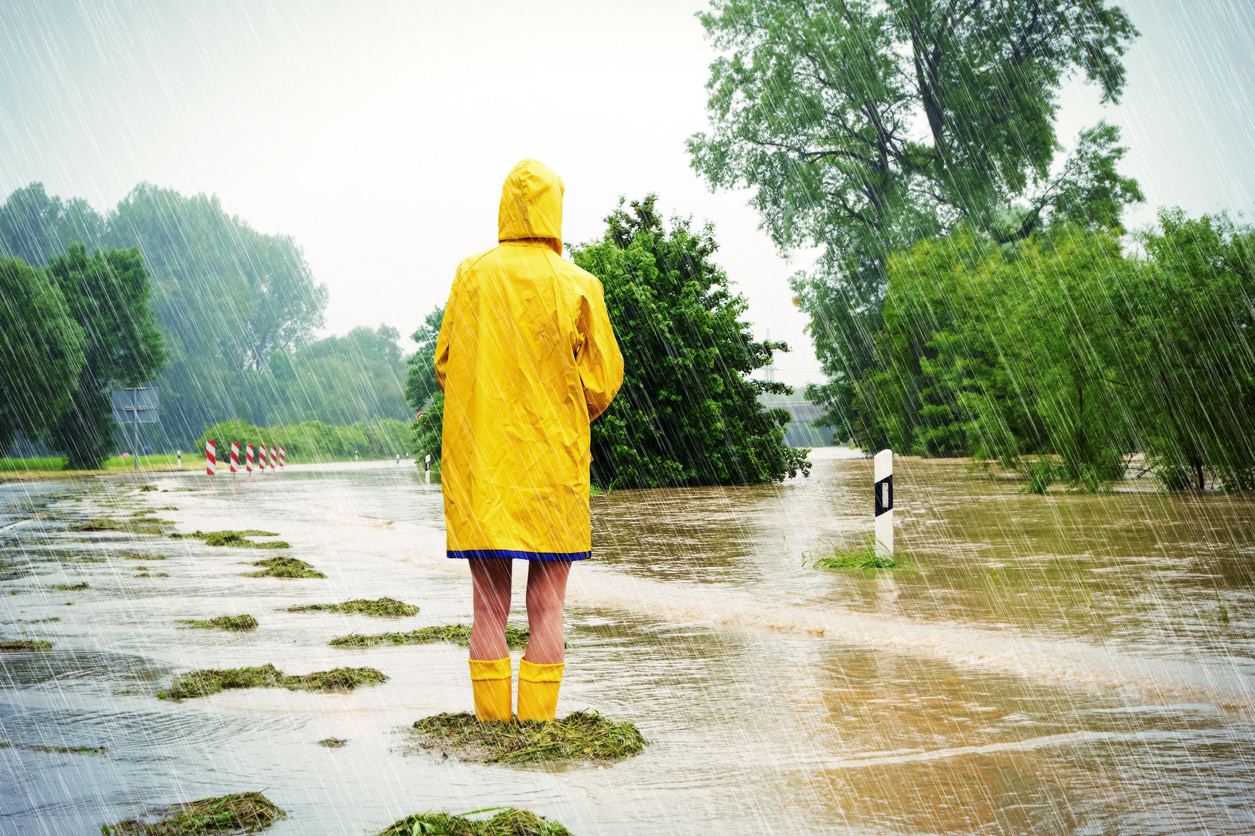Short Answer- Each type of disaster brings with it a unique set of risks. Know what type is most common for your area, and learn what to do ahead to prepare for a natural disaster. See our guide below:
When you hear the emergency alert, you want to be ready to take action! Here’s the lowdown of what you need to know when disaster strikes to keep you and your family safe.
The Basics
- Listen – Keep tuned to emergency broadcasts and follow the instructions of any trained emergency responders in your area.
- Water Plan – If you have time before the storm hits, and you think water lines could be effected, fill up your bathtub before you turn off your water so you have a backup supply. You can use this water for hand washing, or pouring down the toilet to flush it if the water remains shut off.
- Unplug and Shut Off – If you think they might be damaged and you have enough time, shut off the gas, water, and electrical lines. Unplug all electronics in the house; like TVs, microwaves, appliances, and computers. This is a good job to assign an older child, just practice with them ahead of time so they know what to do.
How To Shut It All Down
- Natural Gas – The valve is usually outside and will require a wrench for shutoff (make sure you keep one handy). If you don’t know how to shut it off, contact your local gas company and ask ahead of time so you’re prepared for when disaster strikes.
- Electricity – If you’re expecting a flood or tsunami, turn off the main breaker. One caveat, if there’s already water in the basement or floor, then don’t touch the panel. It could be dangerous.
- Water – Find and shut off the main valve to prevent pipes from bringing in dirty water. It’s likely in the basement (if you have one) or if you don’t, then it might be near the water heater or under the kitchen sink. If you don’t know where it is, find out so you’re prepared.
Prepare For A Natural Disaster
Never watch a tsunami wave from a beach or cliff, this can put you in grave danger. If you can see the wave, you are too close to escape it. If you don’t have time to get to higher ground, try climbing to a rooftop or tree top, or grab something buoyant and hold on.
Go to a small room, closet, or hallway on the lowest level. Keep blinds closed, and stay away from windows and glass. Also keep in mind there is an “eye” in every storm, so if they winds lull….don’t take that as a cue to leave, the winds may pick up again. Stay tuned to emergency broadcasts.












